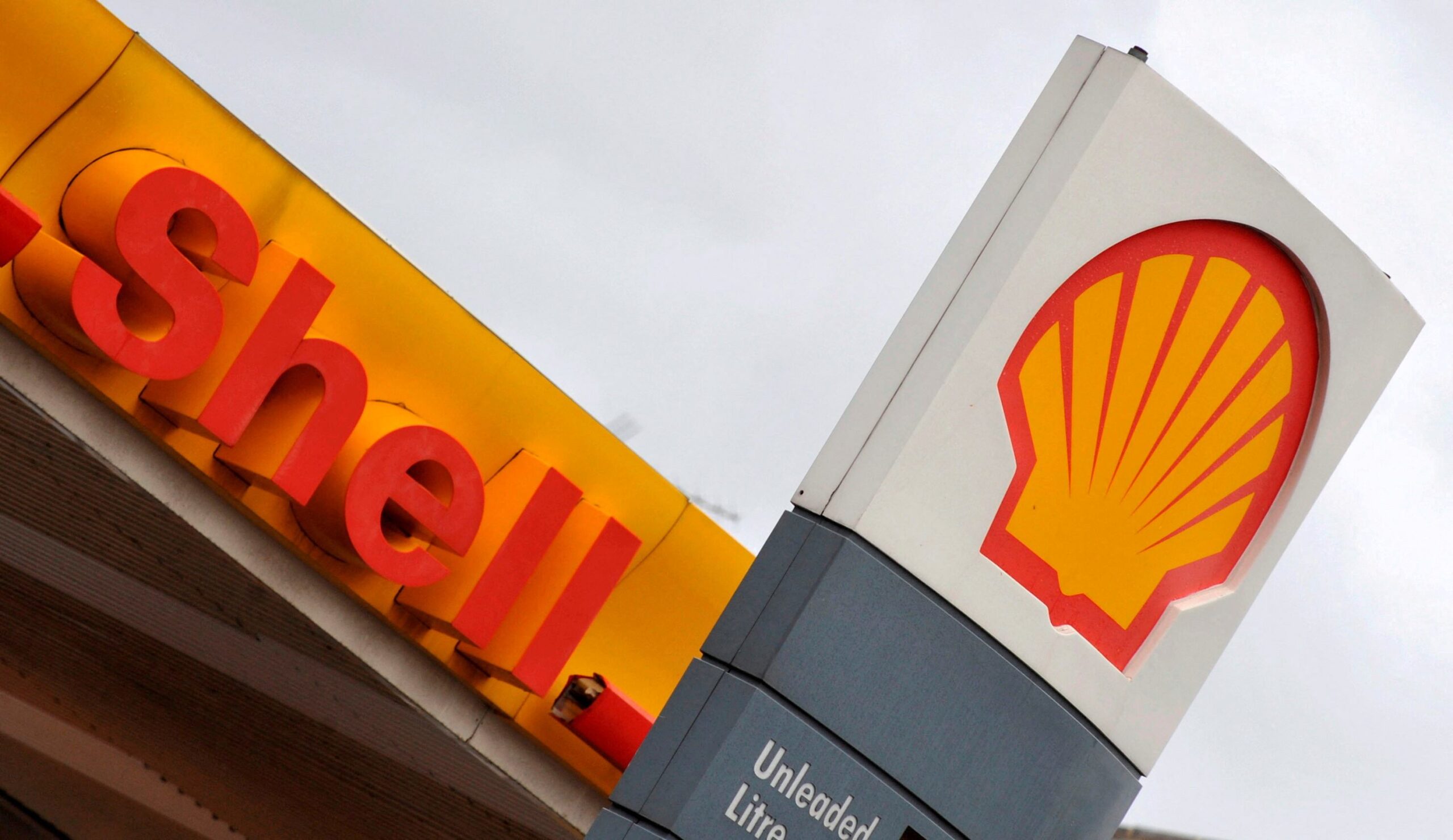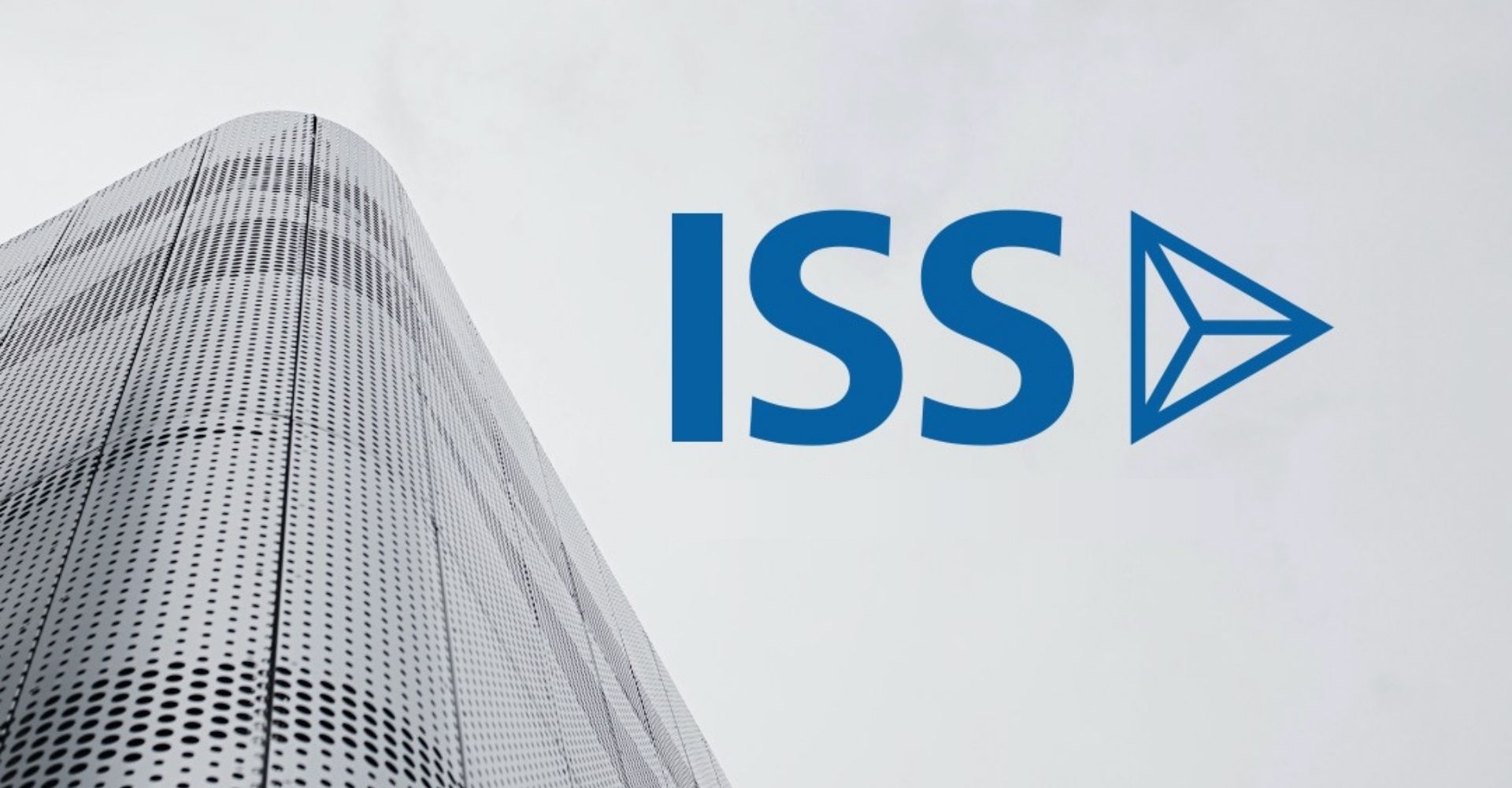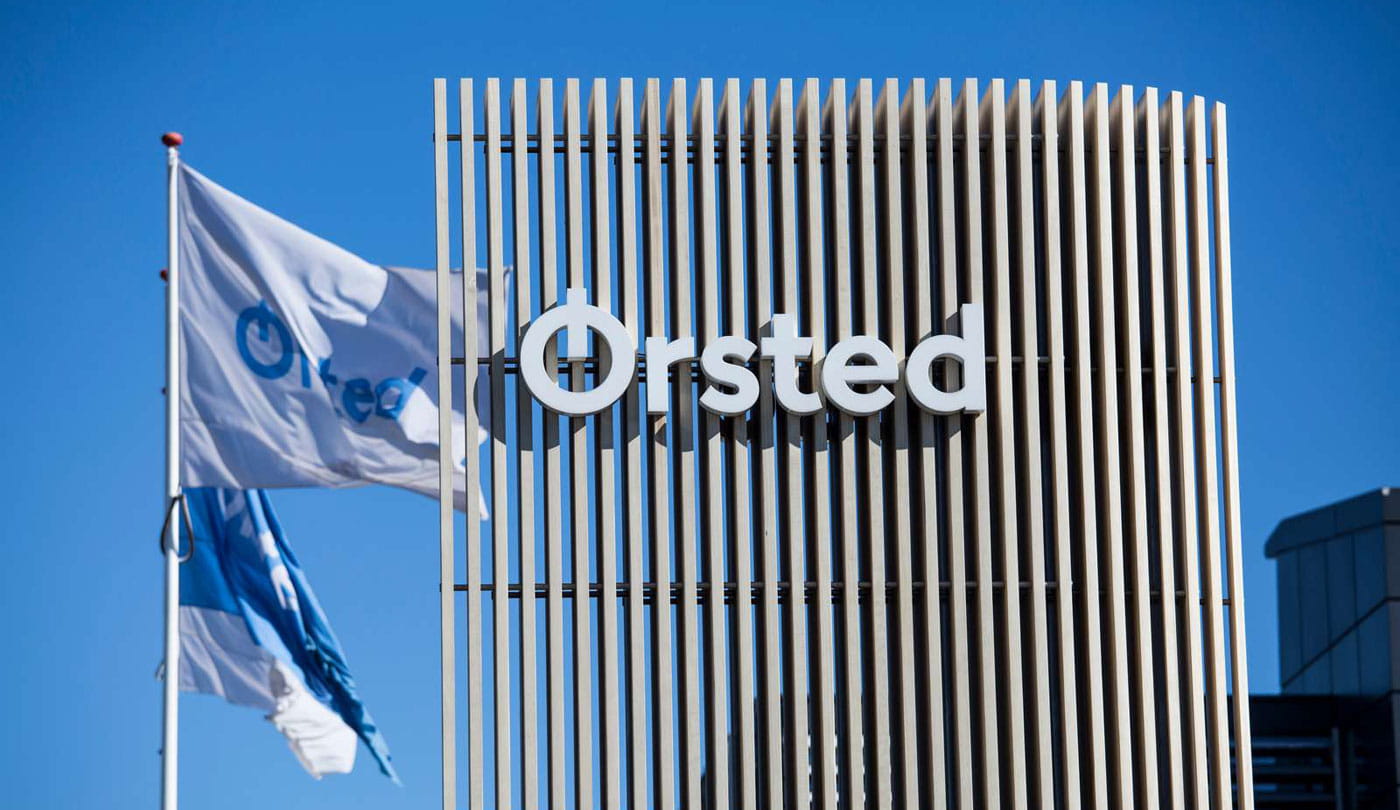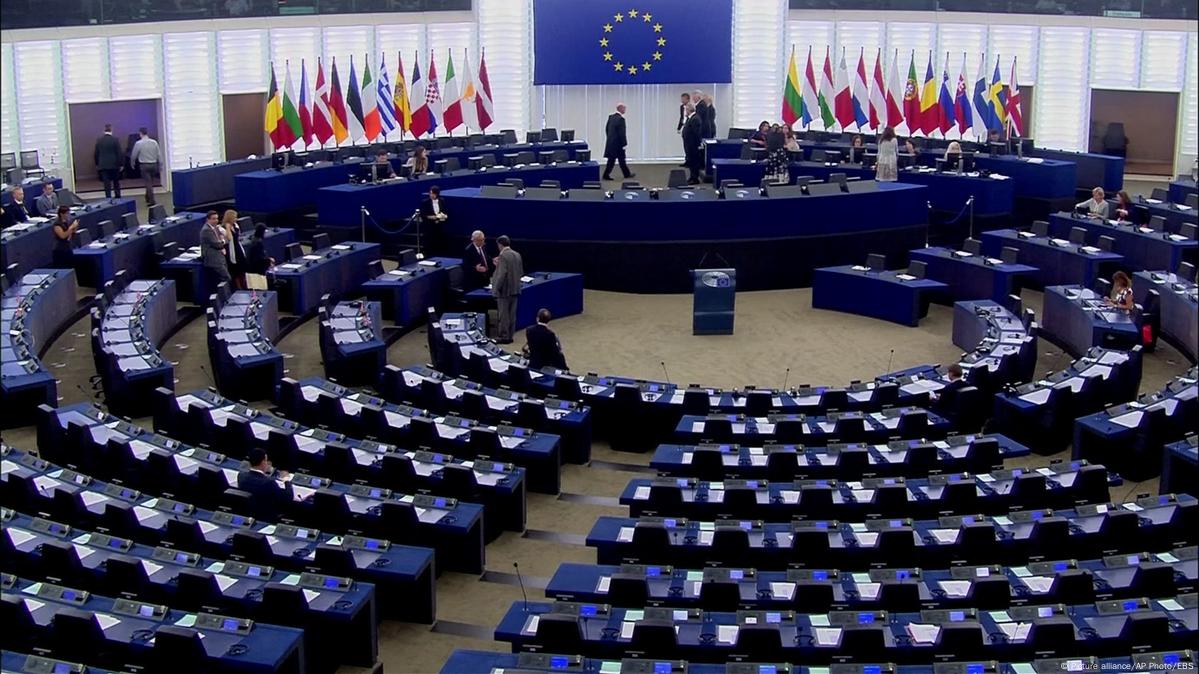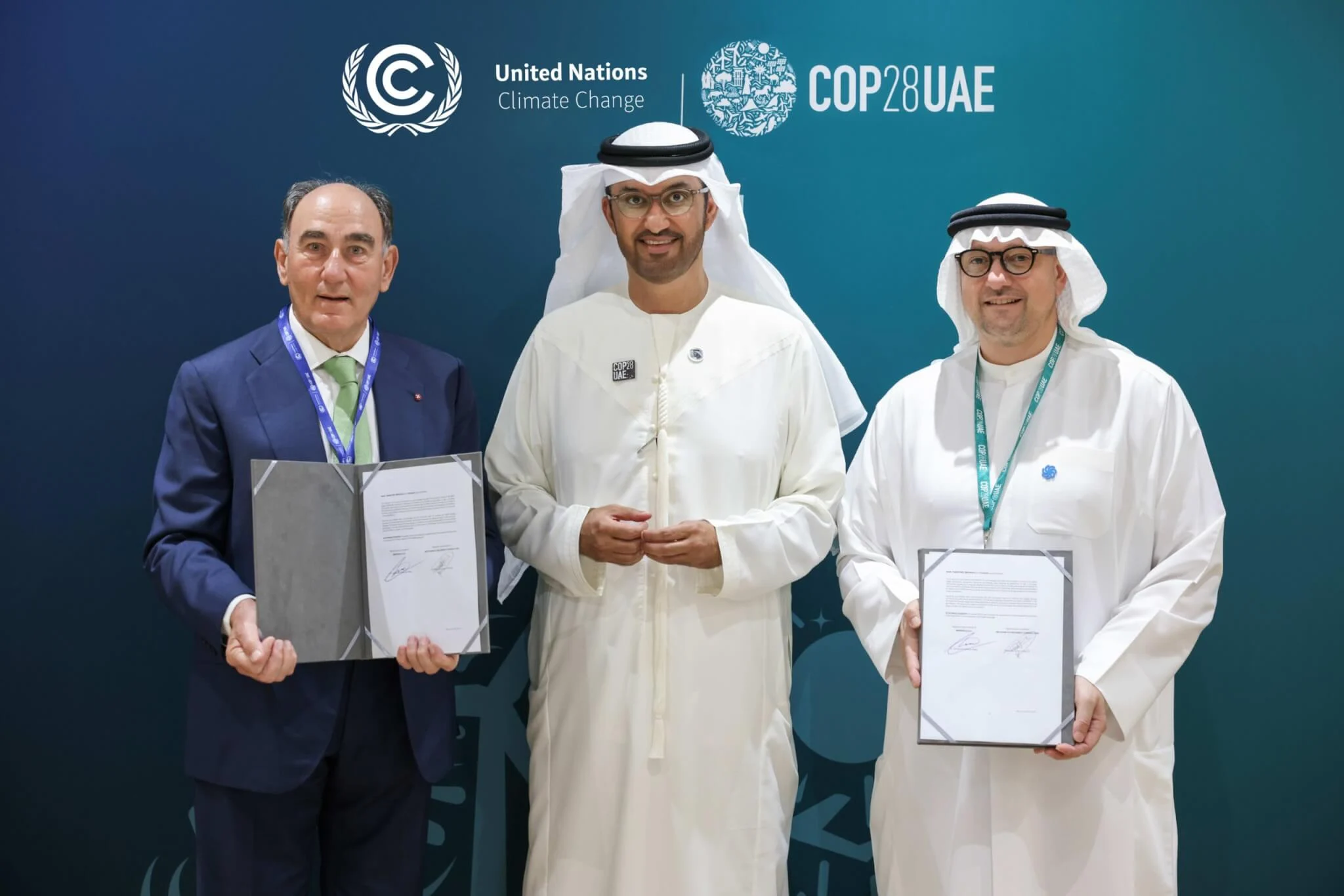Frontier Commits $30.6M to Phlair’s Electrochemical DAC for 47,000 Tons CO₂ Removal

|
Listen to this story:
|
- Pioneering Deal: Frontier’s $30.6 million agreement with Phlair marks the first electrochemical direct air capture (DAC) deal, aiming to remove 47,000 tons of CO₂ by 2030.
- Energy Innovation: Phlair’s all-electric design cuts energy costs by 1.3x compared to other DAC methods, utilizing behind-the-meter solar power.
- Strategic Growth: The deal accelerates Phlair’s scale-up with its first commercial DAC facility in Alberta, enhancing modular and cost-efficient carbon removal technology.
Frontier has signed a groundbreaking $30.6 million deal with Phlair, an innovator in electrochemical direct air capture (DAC) technology, to remove 47,000 tons of CO₂ between 2027 and 2030. The agreement will support Phlair’s first commercial-scale DAC facility in Alberta, Canada, and marks the first major offtake for the company since a smaller prepurchase of 275 tons in September 2023.
Why It Matters:
This is the first electrochemical DAC deployment backed by dedicated on-site solar power, setting a new benchmark for the carbon removal industry.
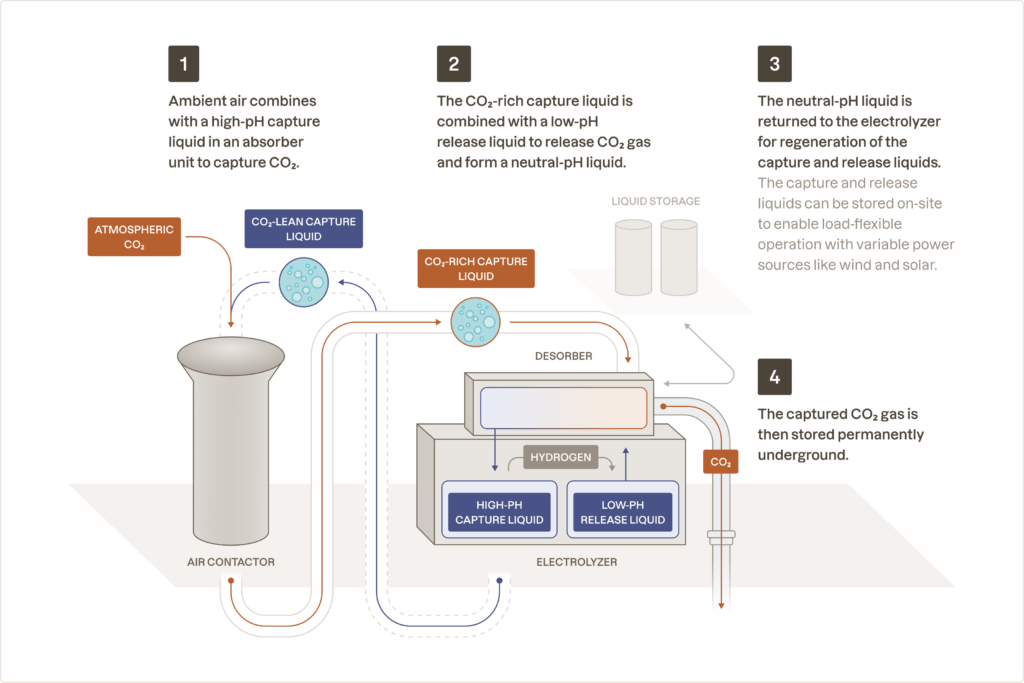
Energy Efficiency Redefined:
Phlair’s technology addresses the cost and energy efficiency challenges of traditional DAC by:
- Electrochemical Capture: Utilizing a hydrogen-looping electrolyzer to capture and release CO₂ without heating the capture material, saving approximately $15/tCO₂.
- Adaptive Energy Use: Operating flexibly with renewable energy availability, leveraging liquid holding tanks as a battery alternative.
- On-Site Solar Power: Becoming the first DAC company to use behind-the-meter solar, bypassing grid connection complexities.
“This offtake unlocks and drives down the cost of our supply chain, accelerating Phlair’s scale-up by several years,” said Malte Feucht, Cofounder and CEO of Phlair. “Project Dawn—the world’s first DAC facility powered by behind-the-meter solar—demonstrates our unique edge in energy procurement.”
Scaling for Impact:
Phlair’s modular technology taps into existing industrial systems and supply chains, allowing for standardized unit production. This modularity lowers upfront costs and provides developers with the flexibility to build DAC systems in phases.
RELATED ARTICLE: Climeworks Partners with LEGO Group and KIRKBI for Long-Term CO₂ Removal Agreement
Hannah Bebbington, Head of Deployment at Frontier, emphasized the significance: “Phlair’s combination of electrochemistry and flexible energy management shows one path to building energy-efficient DAC systems capable of gigaton-level carbon removal.”
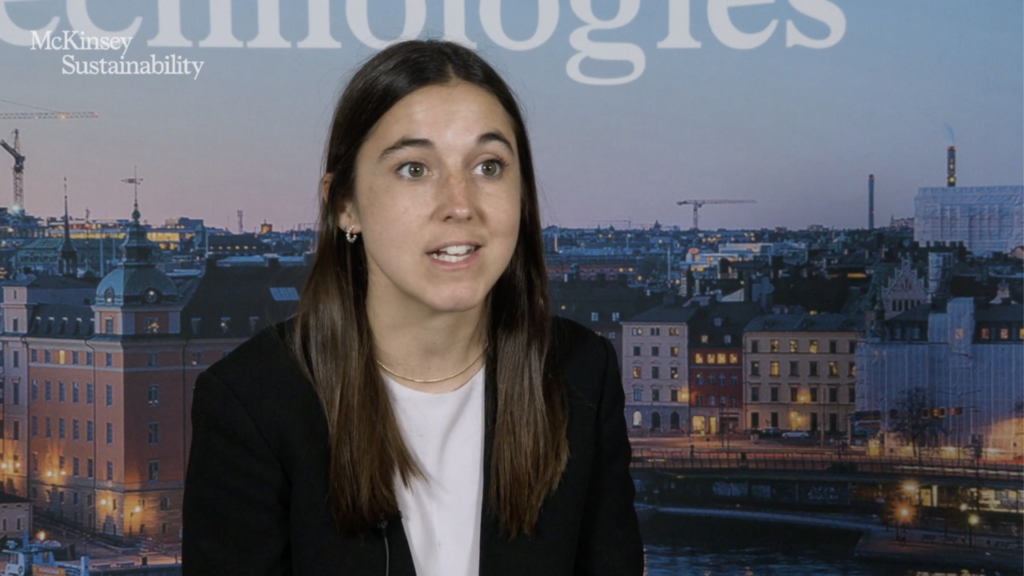
The Bigger Picture:
The purchase was facilitated by Frontier Founding Members, including Stripe, Google, Shopify, and McKinsey Sustainability, along with other major brands like Autodesk, H&M Group, Workday, and Salesforce.
By integrating WattTime’s real-time grid emissions data, Frontier aims to guide its portfolio companies toward optimal energy choices, ensuring that DAC projects contribute positively to net carbon removal.
What’s Next:
Phlair’s Project Dawn will serve as a critical proof point for electrochemical DAC, demonstrating scalable, low-cost carbon removal that aligns with corporate net-zero ambitions.
Follow ESG News on LinkedIn

